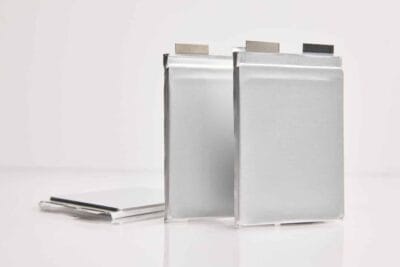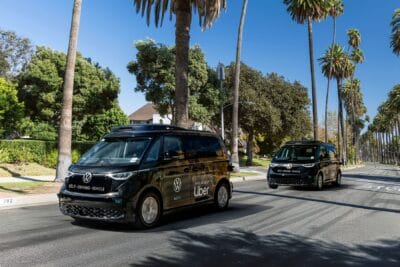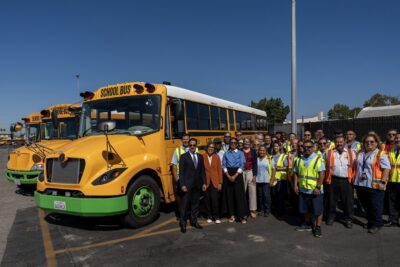CARB approves $483 million budget for 2018-19
The California Air Resources Board (CARB) has approved a 483 million dollar budget for the 2018 to 2019 fiscal period. The budget will be used to fund clean vehicle rebates, zero emission public transport and logistics and other mobility pilot projects.
Funding for the budget is largely taken from cap-and-trade proceeds, and the budget is part of the larger initiative in the state to improve air quality and reduce greenhouse gas emissions ins the transport sector for both the public and for goods. Prioritisation is given to disadvantaged and low-income communities.
The focus for the new fiscal period, which has taken lessons from the previous year’s initiatives, will include 200 million dollars funding for the Clean Vehicle Rebate Project (CVRP), which will also add increased rebates for low-income populations. The CVRP promotes new “clean vehicle” purchasing, including BEVs, PHEVs and fuel cell vehicles, for both leasing and purchasing.
Another 75 million dollars will be put aside for the Transportation Equity Projects, which includes the programmes Enhanced Fleet Modernization Plus-Up, the Clean Cars 4 All Program, which incentivises the scrapping of high pollution vehicles and the subsequent purchase of NEVs, Clean Mobility Options, Agricultural Worker Vanpools, Rural School Bus Pilot Project and the Clean Mobility in Schools Project. These public transport initiatives approach mobility from both a public as well as private standpoint, and have added schools outside of urban areas to the mix.
Another 180 million dollars are being invested in the Clean Truck & Bus Vouchers (HVIP and Low NOx Engine Incentives) and the Zero- and Near-Zero Emission Freight Facilities Project, which aim to reduce pollution in goods transportation both for longer distances as well as the dreaded last-mile.
The final 28.6 million dollars in the budget are being allocated towards the Air Quality Improvement Program, funding heavy-duty vehicle investments for truck loan assistance programmes and a new Diesel Particulate Filter Retrofit Replacements programme.
California’s battle to clean up their air quality has seen an investment of almost 1.2 billion dollars over the past five years. The large scale oversight approach has been effective in addressing even more isolated communities, as well as providing “investments [which] are an essential element in the state’s transition to a low-carbon economy and meeting 2030 GHG emissions reductions targets of 40 percent below 1990 levels,” according to CARB.





0 Comments